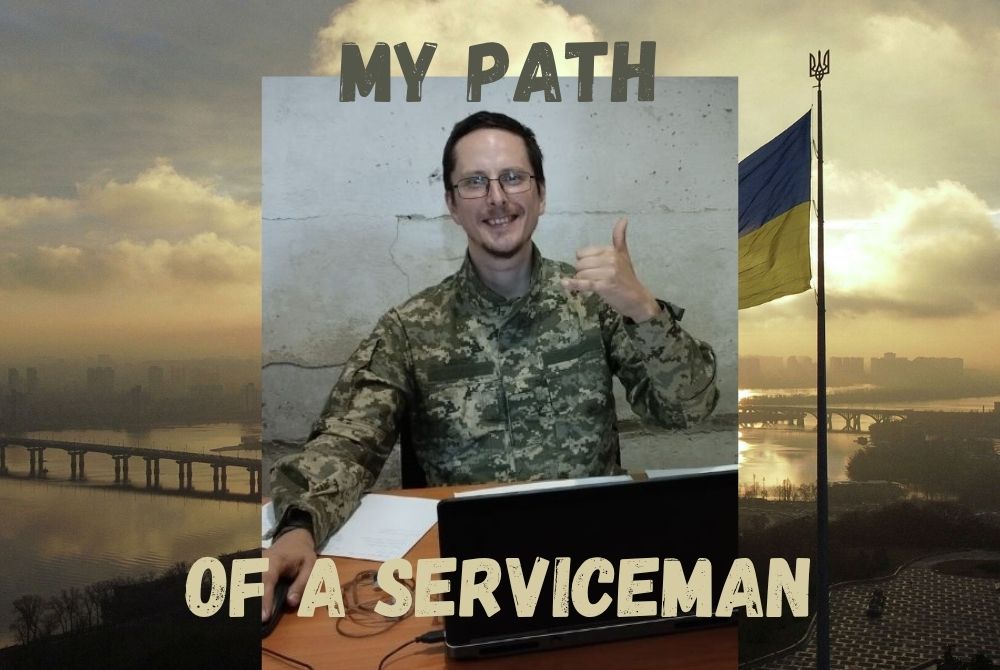The content of today’s post came to me when I saw an interesting document on the chief of staff’s desk. It was a rather interesting document describing tips on how to reduce the number of .
Since this document was classified, I will not describe all the points. I will write only one, literally (word for word) as it was written there – “Introduction of non-violent mechanisms (not to use ‘busification’ and so on) for conscripting citizens into military service.”
Interestingly, when the chief of staff read this, he smiled, surprised that the term “busification” was already being used officially in official documents. He was surprised. It is understandable that we use such a term in private conversations, but he was surprised that such a term had found its way into official documents. In other words, the phenomenon of “busification” was officially recognized in Ukraine.
After thinking about all this, I was overcome with a feeling of joy. I saw a ray of hope in all this.
As you have probably heard many times, this war is often described as a war between a large Soviet army and a small Soviet army.
But this case was further proof that we have hope of getting out of the swamp of communism, in which, unfortunately, we are still stuck up to our necks. To make it clearer, I will give an example of the Russian army. Officially, they have nothing like “busification”; everyone joins the army exclusively on a voluntary basis. There are queues at the military registration offices, etc. There is nothing like busification there. That’s what the propaganda and the state say.
Can you imagine the Russian state officially acknowledging that the people do not want to join the army and that it really has to resort to “busification”? I cannot imagine such a thing. Officially, everything is fine with them and there are no problems.
What do these lines from the document I saw mean? It means that our military leadership officially recognizes that yes, we had and still have this problem. The word “busification” itself has Ukrainian origins. That is, because of this, our entire leadership recognizes that yes, specifically in our country, we had and still have this problem, and it needs to be solved.
In general, my life experience, even before the army, has shown that solving a problem begins with acknowledging that yes, such a problem really exists. If you acknowledge that the problem really exists and that it is within you, then you begin to find the strength to solve it. But if you start making excuses and saying that there is no problem, or that others are to blame, then the problem will never be solved.
This is what distinguishes us from the Russians. We acknowledge the problem, we acknowledge that we have problems, that in certain situations we have acted incorrectly. And that is why we have hope, hope that everything can be fixed.
I’m not saying that tomorrow there won’t be any more “busification.” But the more sincerely we admit that we have this problem, the sooner it will be solved.
Almost all politicians are fighting against some kind of bad phenomenon—bureaucracy, corruption, etc. We are all sick of these clichéd speeches. But it is difficult for me to think of a politician who would not say that he would fight corruption, etc., but who would admit that in this particular case, HE was wrong, and that he would work to correct HIS mistake.
Admitting your mistake, repenting for it in front of others, and expressing your determination to fight it is a big deal. It is a big deal that gives you the strength to solve this problem. And therefore, it gives hope that this problem will be solved.
Let’s develop this culture together – admitting your mistakes and being determined to correct them.




